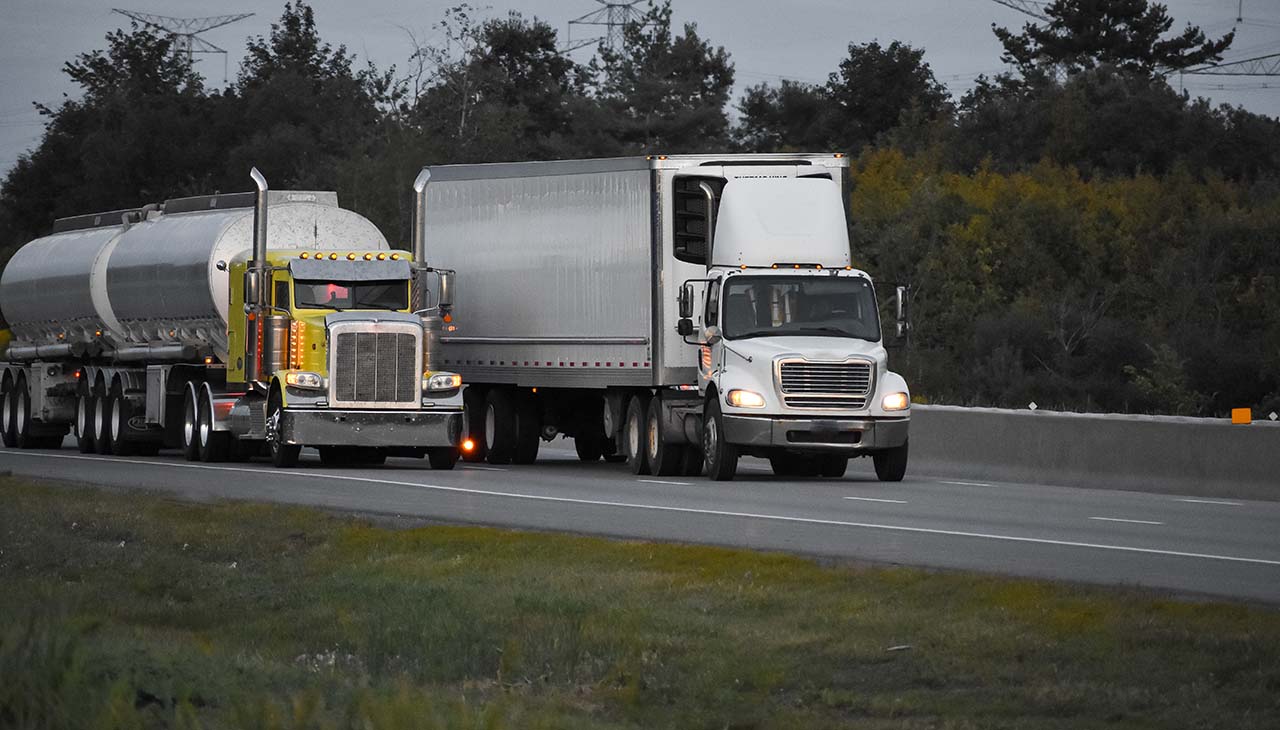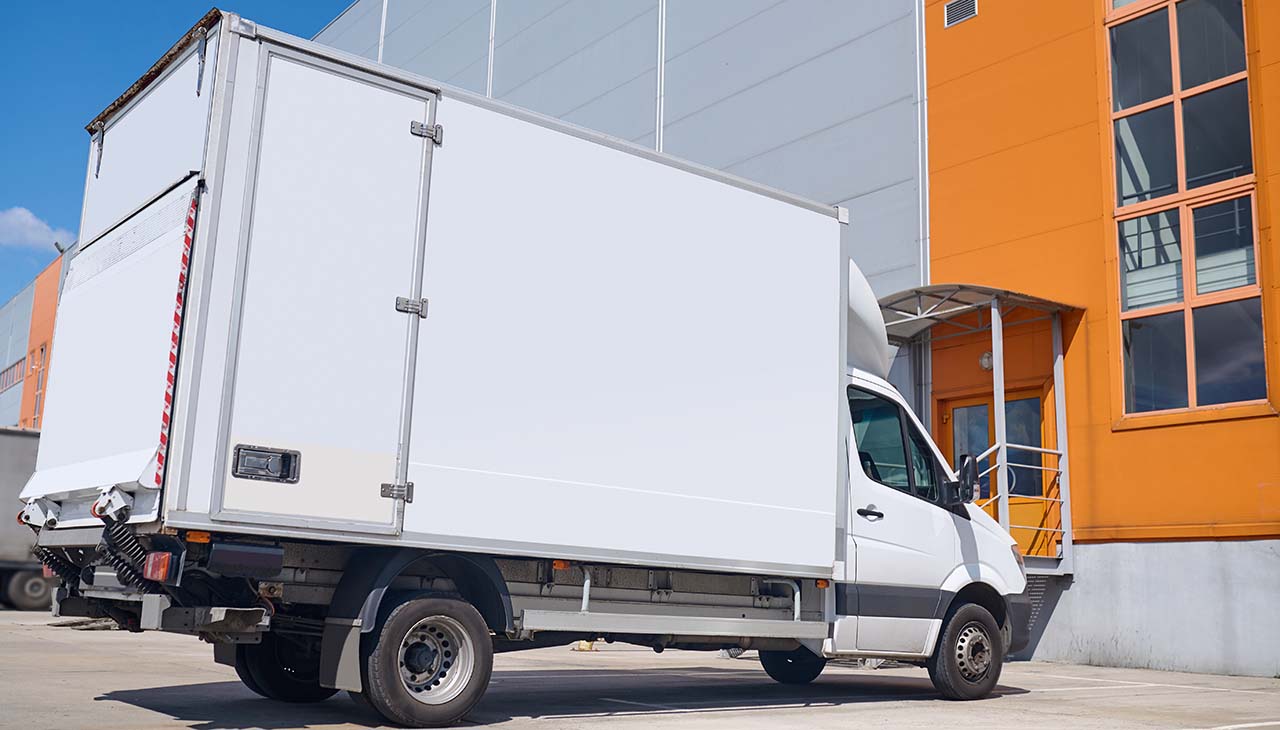
When it comes to buying a reliable used car for your family, the process can often seem overwhelming. There are countless models available and a myriad of factors to consider, from safety and comfort to reliability and price. This guide is designed to demystify the process and equip you with the knowledge you need to make an informed decision. No matter your budget or needs, you can find a used car that provides safety, convenience, and peace of mind for every family outing or road trip.
Researching and Planning
Determine Your Needs and Budget
Before delving into the market, take a moment to establish what you need in a car and how much you’re willing to spend. Consider the size of your family, lifestyle, and the main purposes for the car (i.e., commuting, road trips, or hauling equipment for sports or hobbies).
Research the Market and Popular Models
Once you’ve determined your needs, start researching the car market. Look at different models and their features, pros, and cons. Websites, car magazines, and consumer reports are good resources for this. Consider popular models in your chosen category since they’re likely to have a wealth of user reviews and known reliability.
Consider Safety Features and Reliability Ratings
Safety should be a top priority when choosing a family car. Look for cars that have high safety ratings from recognized institutions like the Insurance Institute for Highway Safety (IIHS). Also, pay attention to the reliability ratings of models you’re considering. Cars with a history of durability and fewer repairs can save you money and stress in the long run.
Set a Target Price Range
Based on your budget and the information you’ve gathered about various car models, set a realistic price range for your potential vehicle. Remember to consider the total cost of ownership, including insurance, maintenance, and fuel costs.
Finding a Reliable Car
Search Online Listings and Classifieds
Start your search by perusing online listings and classifieds. Sites like AutoTrader, CarMax, and Craigslist can provide a wealth of options. Be sure to read the descriptions carefully, looking for details about the car’s history, condition, and maintenance.
Visit Reputable Dealerships and Private Sellers
While online research is a great starting point, nothing replaces viewing the car in person. Visit reputable dealerships and consider private sellers. Dealerships often offer warranties and must adhere to certain standards, but private sellers may offer lower prices.
Inspect the Car’s Condition and History
When you’ve found a potential vehicle, inspect it thoroughly. Check the exterior and interior condition, the function of all features, and signs of any major repair or damage. Ask for the vehicle’s history report or use services such as Carfax or AutoCheck to verify the car’s history, including previous owners, accident history, and maintenance records.
Consider Getting a Pre-Purchase Inspection
Lastly, consider having the car inspected by a trusted mechanic before making your decision. A pre-purchase inspection can reveal potential issues that aren’t immediately apparent and can save you from future unexpected repair costs. Always remember, purchasing a used car isn’t just about finding the best deal, but securing a reliable and safe vehicle for your family.
Test Driving and Evaluating
Schedule Test Drives for Potential Cars
Before making your decision, arrange to test drive the potential cars. This step is crucial as it lets you experience firsthand how the vehicle handles and performs under different driving conditions. Ensure to drive on a variety of roads — city streets, highways, and even challenging terrains if possible.
Evaluate the Car’s Performance, Handling, and Comfort
During the test drive, evaluate the car’s performance and handling. Pay attention to the car’s acceleration, braking, and steering response. Check the comfort level of the seats, the ergonomics of the driver’s position, and the overall ride quality. If the car doesn’t feel right or isn’t comfortable, it might not be the right choice for your family.
Pay Attention to Any Unusual Sounds or Warning Signs
While driving, listen for any unusual sounds such as rattling, squeaking, or grinding. These could indicate underlying mechanical problems. Also, observe the dashboard for any warning lights that might signal a problem. Don’t disregard any potential red flags, no matter how minor they may seem at the time.
Consider Bringing a Trusted Mechanic for a Second Opinion
If you’re uncertain about the car’s performance or have noticed potential issues during the test drive, consider bringing a trusted mechanic for a second opinion. They can provide an objective assessment of the car’s condition and can spot potential problems that you might have missed. Remember, it’s better to be safe than sorry when investing in a used family car.
Negotiating and Financing
Prepare for Negotiations
Before entering into negotiations, arm yourself with knowledge about the car’s fair market value and common issues with the model. Websites like Edmunds or Kelley Blue Book can provide a ballpark figure for what you should expect to pay. Always be prepared to walk away if the price doesn’t meet your expectations or if you feel pressured into a deal.
Understand Your Financing Options
Understand the various financing options available to you. Traditional auto loans, offered by banks, credit unions, and online lenders, are one option. Many dealerships also provide financing, but their rates might not always be the most competitive. Compare different loan offers and terms before deciding on the best one for you.
Finalize the Deal
Once you’ve agreed on a price and chosen your financing, it’s time to finalize the deal. Make sure to read any contracts or agreements thoroughly. Don’t rush this process – it’s important to understand what you’re agreeing to. Once everything is in order, sign the paperwork and get ready to enjoy your new (used) family car!
Remember that buying a used car requires considerable time and research. However, the result can be a reliable and safe vehicle that fits both your budget and your family’s needs. Happy car hunting!






